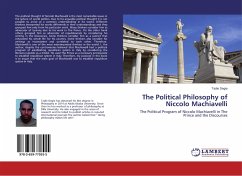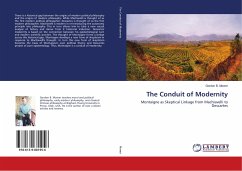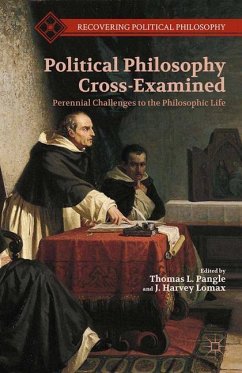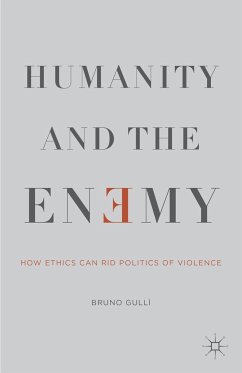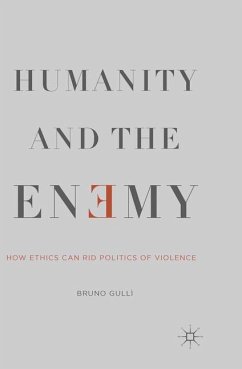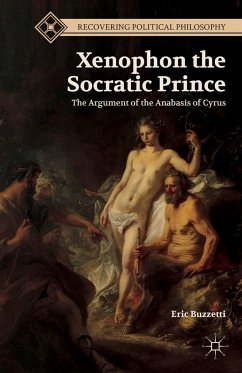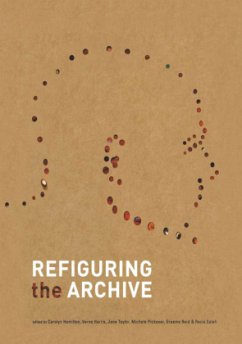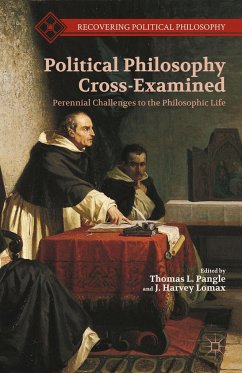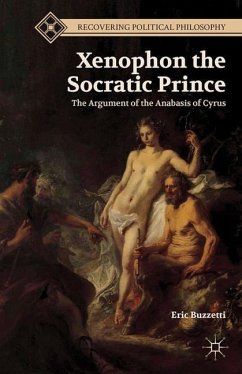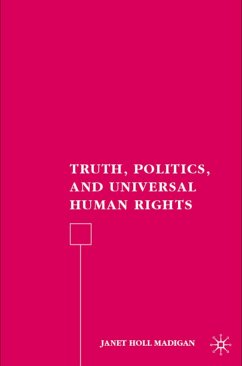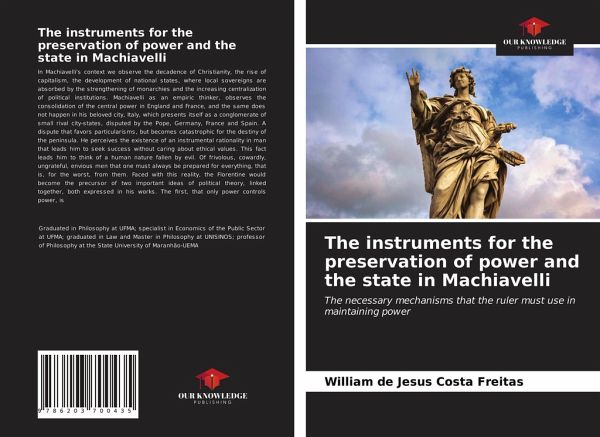
The instruments for the preservation of power and the state in Machiavelli
The necessary mechanisms that the ruler must use in maintaining power
Versandkostenfrei!
Versandfertig in 6-10 Tagen
36,99 €
inkl. MwSt.

PAYBACK Punkte
18 °P sammeln!
In Machiavelli's context we observe the decadence of Christianity, the rise of capitalism, the development of national states, where local sovereigns are absorbed by the strengthening of monarchies and the increasing centralization of political institutions. Machiavelli as an empiric thinker, observes the consolidation of the central power in England and France, and the same does not happen in his beloved city, Italy, which presents itself as a conglomerate of small rival city-states, disputed by the Pope, Germany, France and Spain. A dispute that favors particularisms, but becomes catastrophi...
In Machiavelli's context we observe the decadence of Christianity, the rise of capitalism, the development of national states, where local sovereigns are absorbed by the strengthening of monarchies and the increasing centralization of political institutions. Machiavelli as an empiric thinker, observes the consolidation of the central power in England and France, and the same does not happen in his beloved city, Italy, which presents itself as a conglomerate of small rival city-states, disputed by the Pope, Germany, France and Spain. A dispute that favors particularisms, but becomes catastrophic for the destiny of the peninsula. He perceives the existence of an instrumental rationality in man that leads him to seek success without caring about ethical values. This fact leads him to think of a human nature fallen by evil. Of frivolous, cowardly, ungrateful, envious men that one must always be prepared for everything, that is, for the worst, from them. Faced with this reality, the Florentine would become the precursor of two important ideas of political theory, linked together, both expressed in his works. The first, that only power controls power, is



